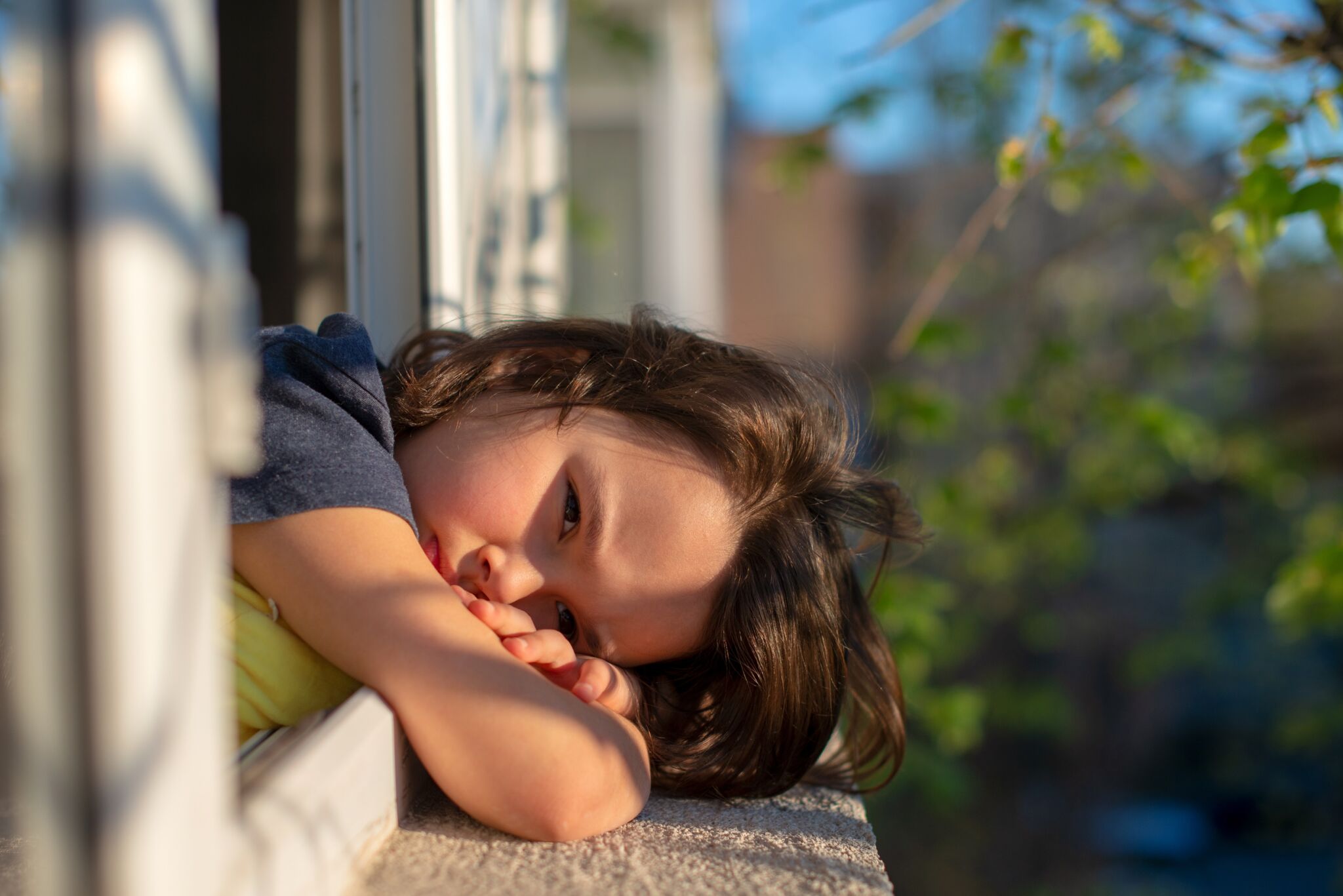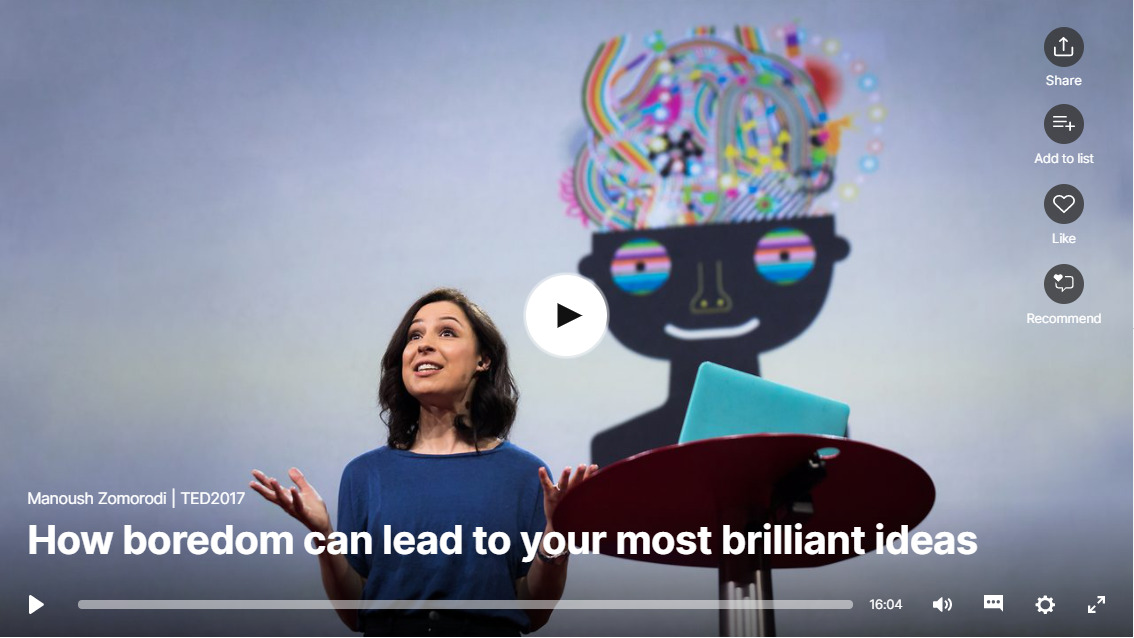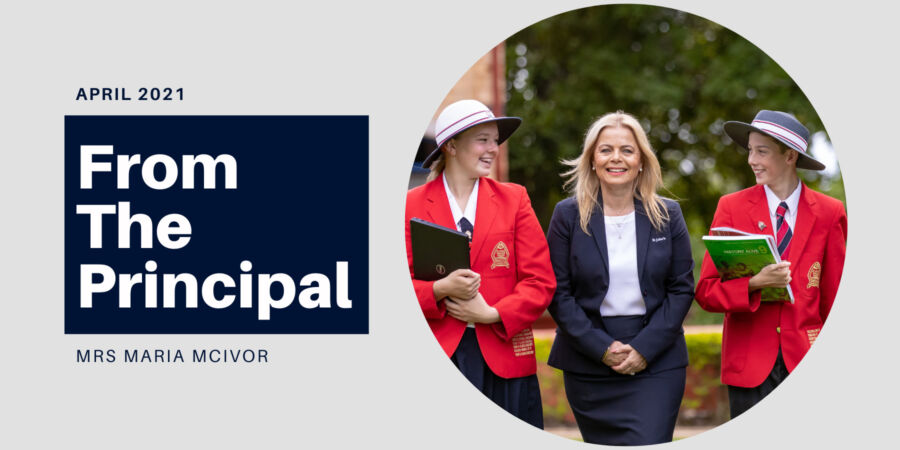From the Principal – April 2021
Welcome back one and all to another action-packed term. The short week that has commenced our term, frantically cramming five days of teaching and learning into four, culminates with the opening night of Our High School Musical production. I have rarely encountered such joyful anticipation for an event that it seems everyone in our community wants to be at.
At our inaugural P&F Year Level Breakfast at The Dragon’s Den last week some of us were discussing how many 21st Century children live highly structured lives with their waking hours carefully allotted between improving activities. Pre and post-school care have effectively extended the school day, and many children move straight from school to evening co-curricular activities. There is barely a spare moment from waking until bed. Downtime which might be considered ‘boring’ has been squeezed out of the weekday and fares little better on weekends with busy children being ferried from parties to sports, and from swimming to dance. Any ‘boring’ moments in the back of the parental taxi being driven between these activities can be filled with ‘virtual’ learning on the ubiquitous iPad or smartphone. Of course, children benefit from such a demanding and diverse range of stimulus activities. Through such activity, they acquire knowledge and skills, make friendships, develop confidence and resilience, and gain lifelong hobbies. Boredom is bad; it is evidence of underutilised mental capacity and is often a precursor to mischief. Its demise is a cause for celebration… Or is it?

Boredom doesn’t just spark creativity it also encourages the development of emotional intelligence and empathy. Studies have shown that bored children are often daydreaming about human relationships. As children twiddle thumbs and gaze vacantly into the middle distance, many are replaying social interactions. The daydreaming brain is trying to piece together patterns of social behaviour to see what lessons can be learned. Do mum and dad respond better to flattery, or are they more likely to give in to dogged determination and the wearing effects of argumentative attrition?
Singapore and Shanghai regularly top the PISA world league tables of educational attainment. However, their educationalists worry about the lack of creativity in their classrooms. Traditionally, the creativity deficit has been put down to overly didactic teaching with an emphasis on right and wrong answers and the need for perfection. Pedagogic practice in the far east is changing, but creativity can still be in short supply. Even more than in Australia, such children are dragooned from dawn to dusk through a series of improving activities with occasional downtime being filled with computer games and children’s television.
In such packed prescribed routines, there is no space for the nothingness of boredom. However, sometimes only when external stimuli are switched off do children switch on their inner creativeness. Experience shows that from monastic silences to Michael Bunting’s The Mindful Leader, the stillness and calm of inactivity can be inspirational.

As a College family are you up for her challenge?
Mrs Maria McIvor
Principal






